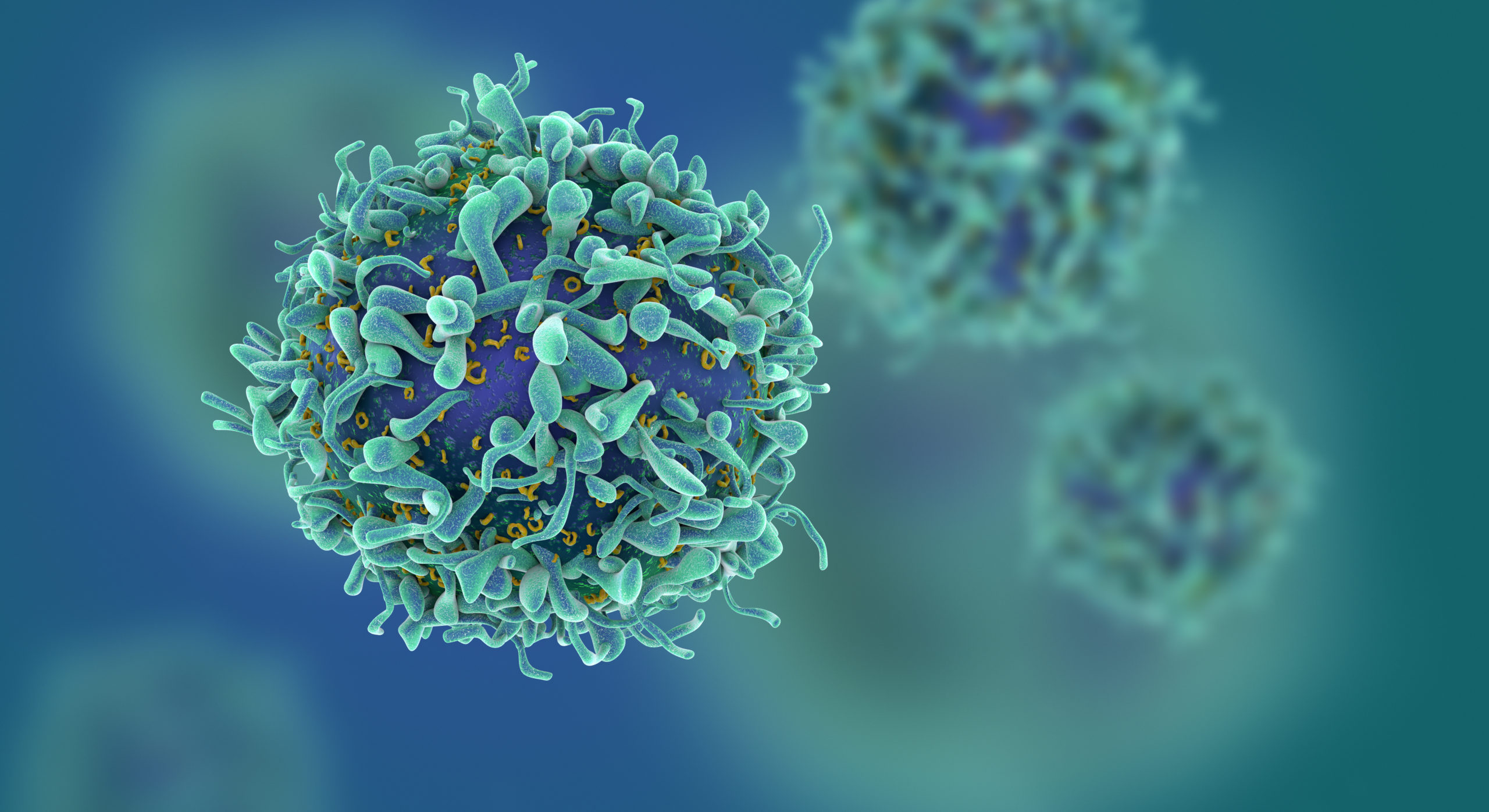Byline: Melissa Rohman
-

RNA Isoform Atlas May Improve Understanding of Cardiovascular Disease
Northwestern Medicine scientists have developed a comprehensive atlas of genetic coding sequences in both healthy adult hearts and those with heart failure, as detailed in a recent study published in Circulation.
-

Modified T-cells Promote Tissue Repair from Pneumonia
Northwestern Medicine scientists have discovered that a subset of laboratory-modified T-cells can promote the repair of lung tissue damaged by viral pneumonia, according to a recent study published in The Journal of Clinical Investigation.
-

Novel Monoclonal Antibody May Improve Sepsis Treatment
A novel monoclonal antibody treatment developed in collaboration with Northwestern Medicine scientists reduced inflammation and immune dysregulation in mouse models of sepsis, underscoring the antibody’s therapeutic potential in treating the disease, according to a recent study.
-

Novel Approach May Improve Early Cancer Detection
A novel approach to detect RNA modification patterns in patient blood samples may be a promising tool for the early detection of colon cancer, as detailed in a recent study published in Nature Biotechnology.
-

Celebrating Scientific Discovery and Collaboration at Research Day 2025
Feinberg students, staff, trainees and faculty celebrated scientific discoveries and presented their research posters and abstracts at Feinberg’s 19th annual Lewis Landsberg Research Day on Thursday, Sept. 11.
-

Remote Chronic Pain Treatments Improve Chronic Pain Management
Two chronic pain treatments based on cognitive behavioral therapy (CBT) — telehealth coaching and online self-completed pain coping skills training — improved pain severity and quality of life compared to usual care in patients with high-impact chronic pain, according to a recent study published in JAMA.
-

CVD Risk Prediction Tool May Help Guide Statin Therapy
A cardiovascular disease risk prediction tool developed by Northwestern Medicine scientists may also be effective for identifying which patients most benefit from statin therapy, according to a recent study published in JAMA Cardiology.
-

Novel Biomarkers May Help Improve Cardiovascular Disease Risk Prediction
Scientists have discovered more than 100 new epigenetic biomarkers that may help predict cardiovascular disease risk and inform preventive care measures to improve long-term outcomes, according to a recent study published in Circulation.
-

Molecular Mechanisms Support Long-term Immunity
Scientists in the laboratory of Weiguo Cui, PhD, have identified novel molecular mechanisms that help specialized T-cells maintain long-term immunity in response to chronic infection and cancer, according to recent findings published in Nature Immunology.
-

Study Explores Diet’s Significant Role in Global Obesity
An international multi-center study revealed how diet plays a greater role in the prevalence of obesity globally than was previously understood, according to findings published in the Proceedings of the National Academy of Sciences.






